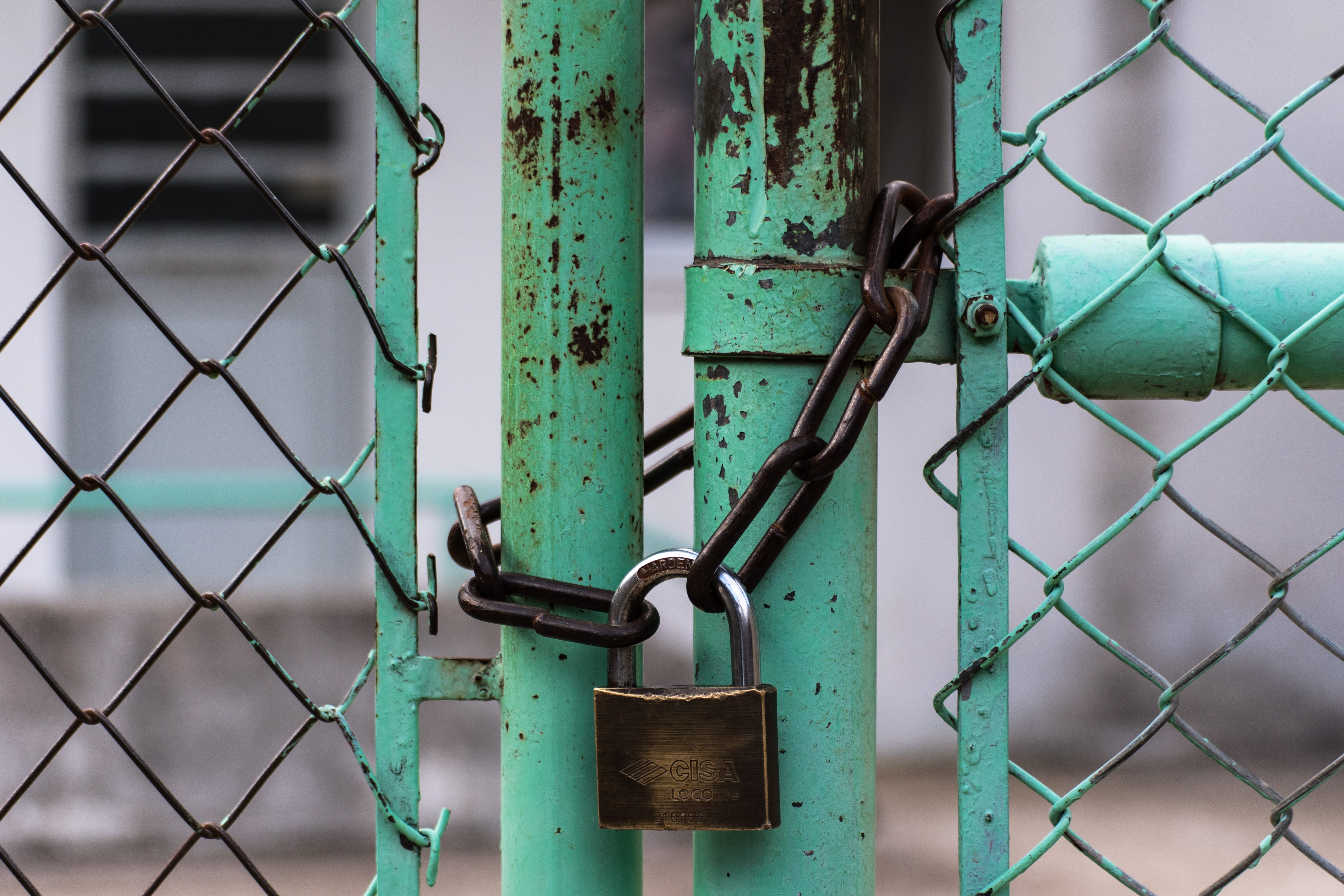Why Are Mental Health Patients Being Thrown in Jail?
Two suicidal patients who checked themselves into a hospital emergency room in Pierre, South Dakota, asking for help ended up in the last place they would have expected – jail. This is despite the fact that research shows the risk for suicide, self-harm and for general symptoms, such as severe depression, increases the longer a person is held against his or her will. And, this practice has become commonplace.
More and more, individuals are being locked in a cell when a hospital is too full or transportation isn’t readily available. These individuals then get transported to the hospital once a bed becomes available as if they are criminals. Officers handcuff them and throw them into the back of squad cars. In five states, it’s a practice that is is actually written into the law – North Dakota, South Dakota, Texas, New Mexico and Wyoming. The laws state that correctional facilities, such as jails, can be used for a “mental health hold.”
“It is a terrible solution…for what is, at the end of the day, a medical crisis,” said John Snook, executive director of the Treatment Advocacy Center.

Luckily, some lawmakers are finally seeing just how wrong this is. Colorado recently outlawed using jail to detain people in a mental health crisis who are not criminals. The state delegated just over $9 million to pay for crisis centers, law enforcement training and transportation options. $6 million of this revenue came from its marijuana tax revenue.
22 hospitals nationwide have been cited by the Centers for Medicare and Medicaid Services in recent years for their inability to stabilize patients in the middle of a psychiatric crisis. In one case at Avera St. Mary’s Hospital in Pierre, South Dakota, a 16-year-old came into the emergency room after overdosing on Motrin and was taken to jail without a mental health evaluation. The following morning, the hospital finally notified her parents. At the same location, a 12-year-old girl came in after attempting to hang herself and she also spent the night in jail.
Most jails do not have mental health professionals on site. Baptist Memorial Hospital in Union City, Tennessee, was cited in 2012 for allowing an optometrist to evaluate suicidal patients. Not necessarily the expertise one would expect from an eye doctor. The doctor discharged one patient to jail the next day after attempting suicide. His injuries were so severe, he later died.
Other than putting the patients in restraints or keeping them away from inmates, law enforcement agents also have few options to prevent an enraged or suicidal person from harming themselves or those around them. “People should not, because of their mental illness, be in jail,” said Jennie Simpson, a public health analyst with the federal Substance Abuse and Mental Health Services Administration.
Unfortunately, there is simply not enough available doctors or beds to treat everyone who walks through the door. In fact, the number of beds designated for mental health care has decreased by 96 percent across the country over the past 50 years despite an increase in psychiatric awareness and the fact that many insurance companies now provide options for this type of care. “We’re never going to train our way out of this problem,” said Snook. “The reality is we need much more.”


Join the conversation!